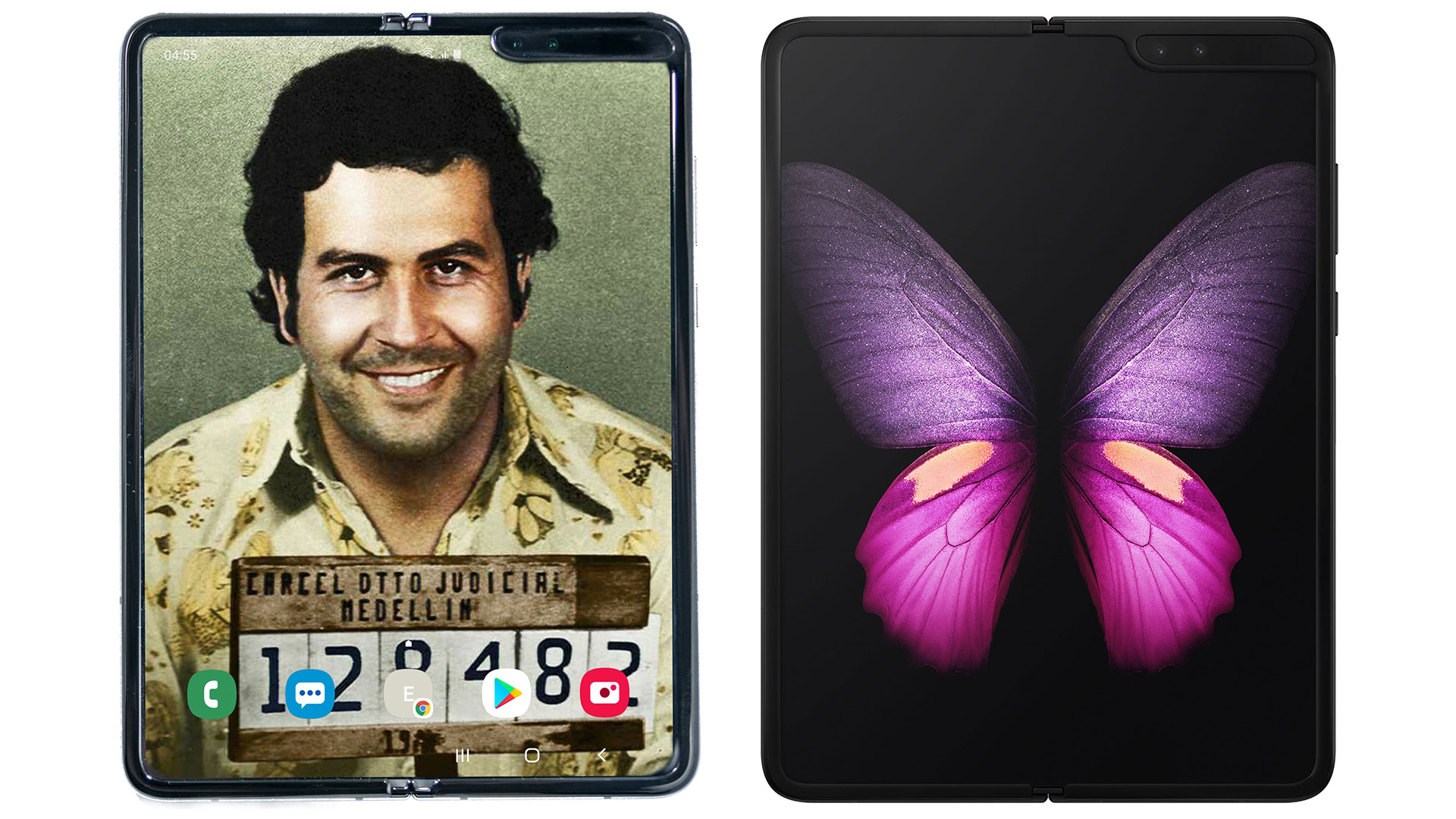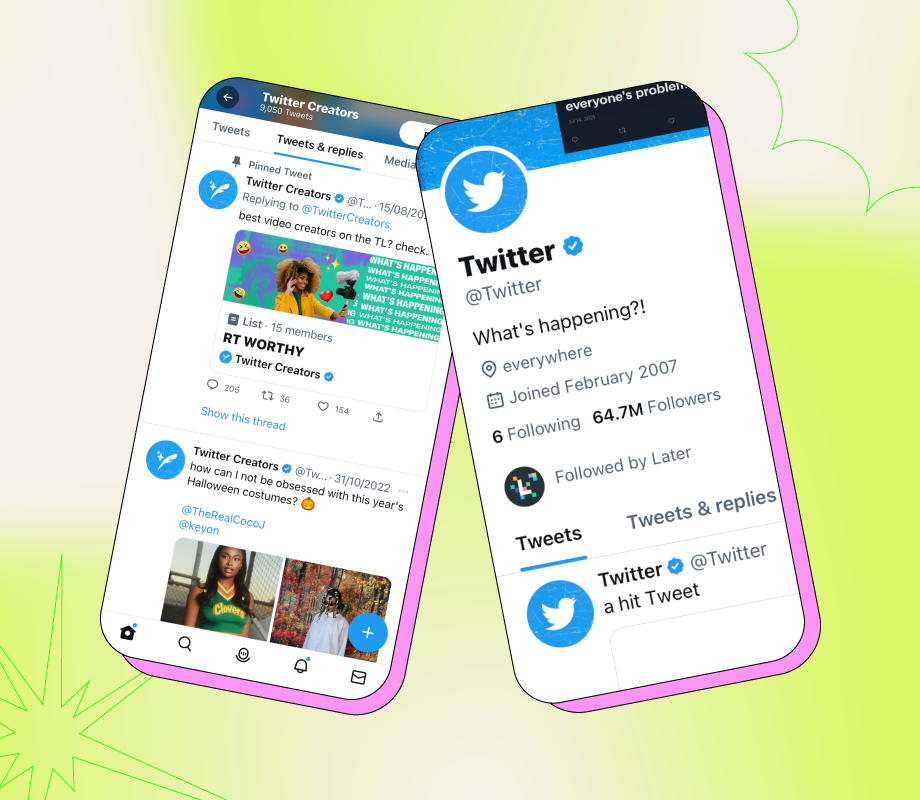TL;DR
- Escobar Fold phone creator Olof Gustafsson has pleaded guilty to multiple counts of fraud and money laundering.
- Customers were sent certificates or merch instead of the foldables, flamethrowers, or gold iPhones they paid for, making refunds harder to claim.
- Gustafsson could face many years in prison and will pay up to $1.3 million in restitution.
It looked like an obvious scam at the time, and of course it was. The man behind the gold-plated Escobar Fold phones and other eyebrow-raising tech has pleaded guilty to multiple fraud charges before a federal judge in Los Angeles, and faces serious prison time.
As reported by TechSpot, Olof Gustafsson, the Swedish CEO of Escobar Inc., pleaded guilty to six counts of fraud and money laundering, including wire fraud, mail fraud, and conspiracy to commit both. He now faces up to 20 years in federal prison for each fraud charge, and up to 10 years for each laundering count, with sentencing set for December 5.
Escobar Inc. was founded by Roberto Escobar, brother of the infamous drug kingpin. The tech-minded of the siblings claimed to own the intellectual property rights to the Escobar name, which now has a new spate of criminality associated with it. Escobar Inc. made headlines in 2019 and 2020 with a series of wild product launches, including the foldable Escobar phones, flamethrowers, and even ‘Escobar cash,’ which was pitched as the world’s first physical cryptocurrency, whatever that means.

When the Escobar Fold 2 launched, it was revealed that it was a Samsung Galaxy Fold covered in gold stickers and priced at just $399 — less than a quarter of the Fold’s actual value. Its predecessor, the $349 Escobar Fold 1, was a rebranded Royole FlexPai.
The build of the phones ended up being fairly irrelevant, as most of the company’s customers never received the products they paid for anyway. Instead, they got a certificate of ownership, a book, or some other Escobar-branded merchandise. This was just enough to create a shipping record which Gustafsson then used to convince payment processors like PayPal and Klarna that a product had been delivered, making refunds much harder to claim.
The same scheme was used for other fake products, including a $249 flamethrower modeled after Elon Musk’s “Not-a-Flamethrower” from The Boring Company, as well as gold-plated iPhones. Gustafsson admitted to sending crudely assembled samples to tech influencers and reviewers in an attempt to spark demand, with MKBHD’s viral video in 2020 unintentionally helping the scam gain traction.
Gustafsson alone was wired over $300,000 from victims during the operation, before being arrested in Spain in 2022 and extradited to the US in March this year. As part of his plea deal, he agreed to pay up to $1.3 million in restitution and forfeit any proceeds from the fraud, including money in a Swedish bank account.
“I want the people to be able to burn money, like me and Pablo used to do,” Roberto Escobar said in a 2019 press release for the flamethrower. Most of his customers lost their money long before they had the chance to torch it, but they’ll still hope to receive some sort of refund based on this plea deal.










